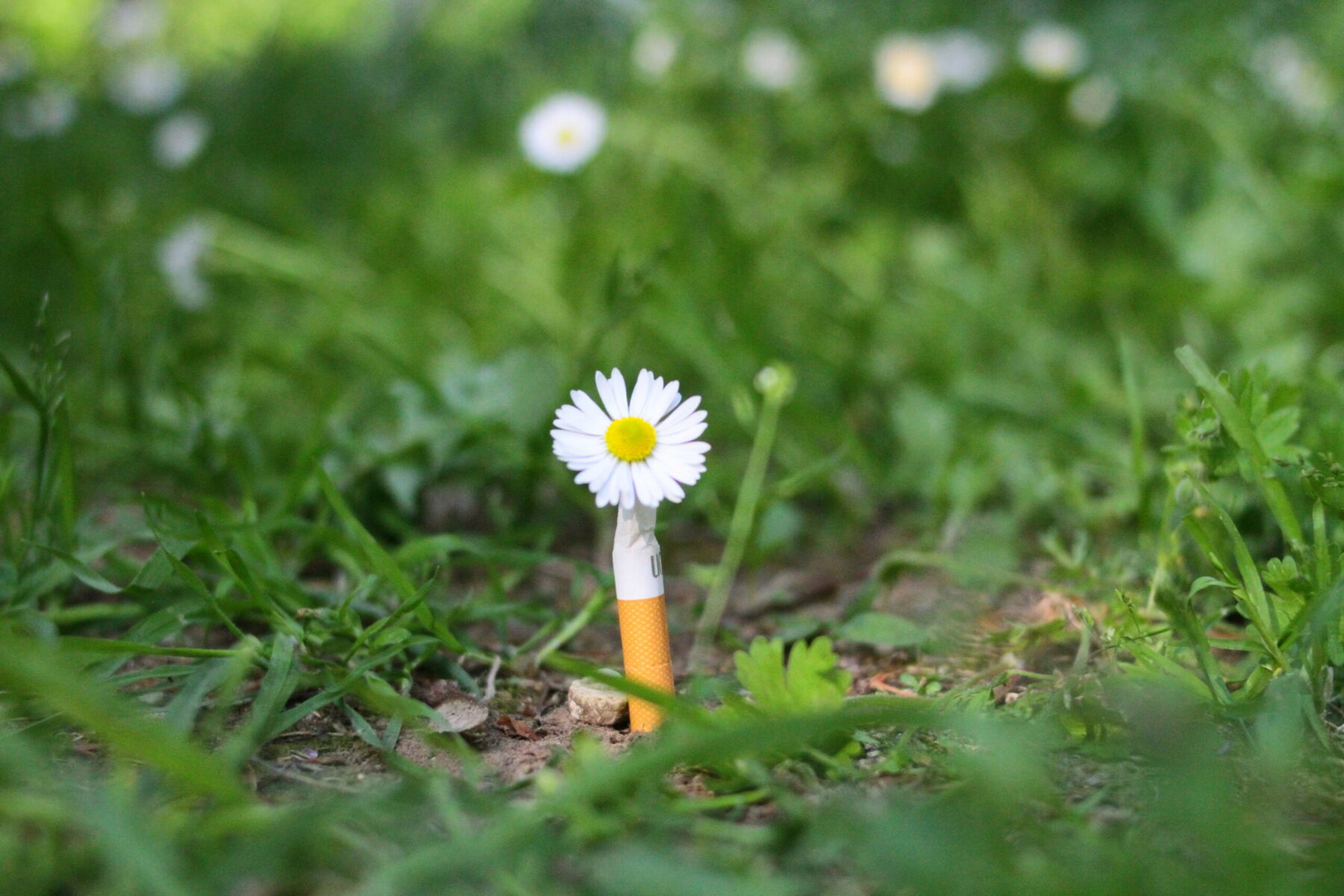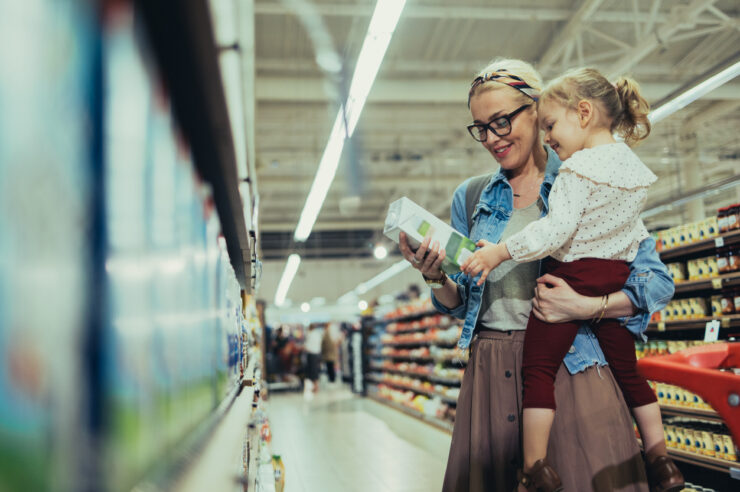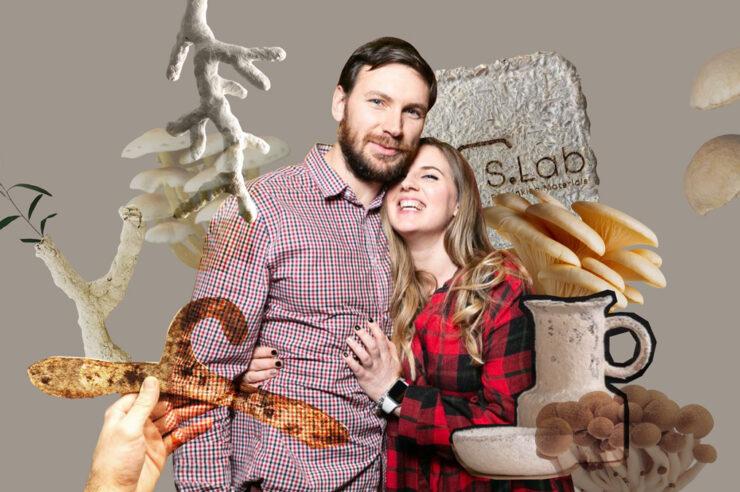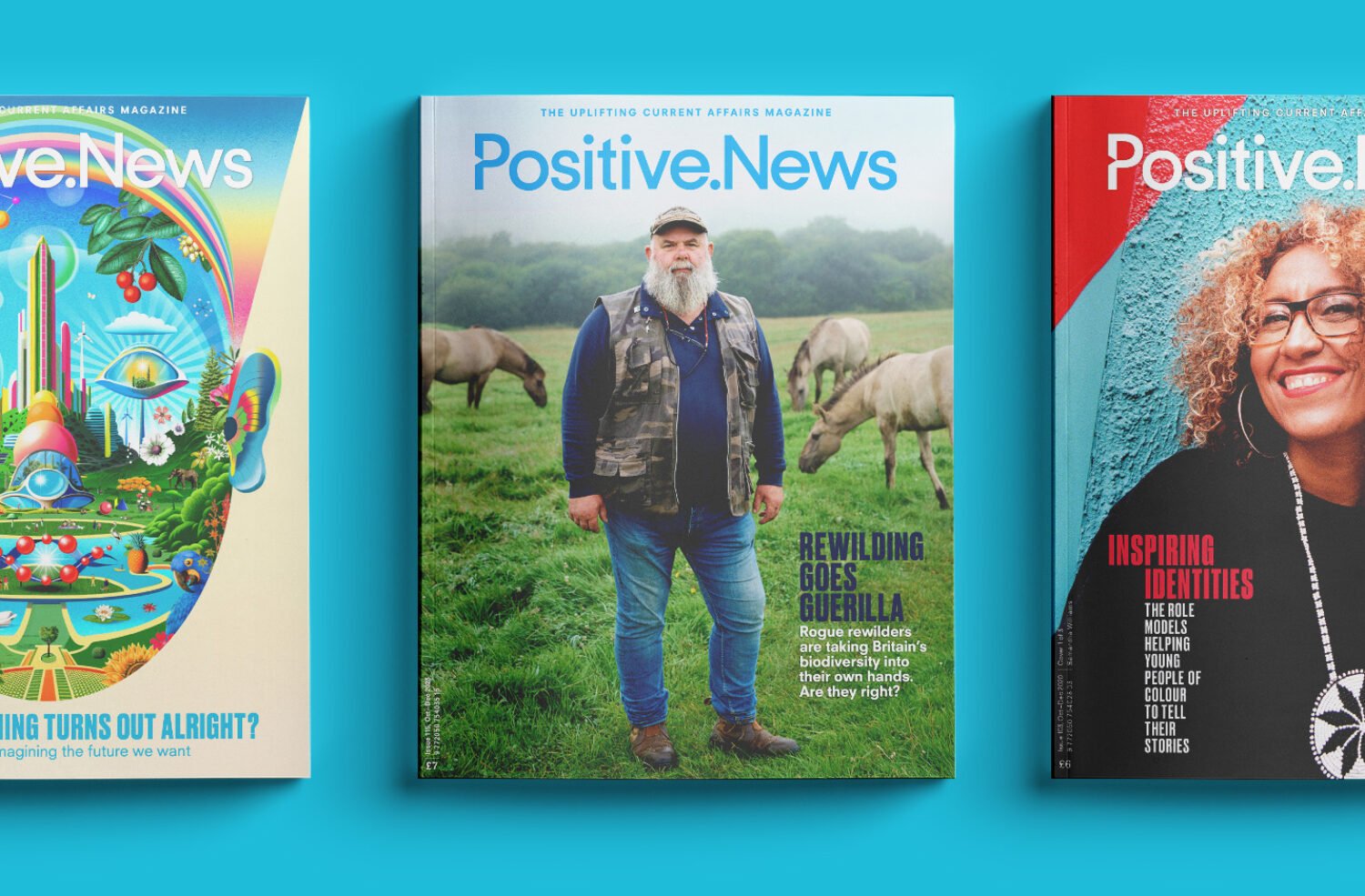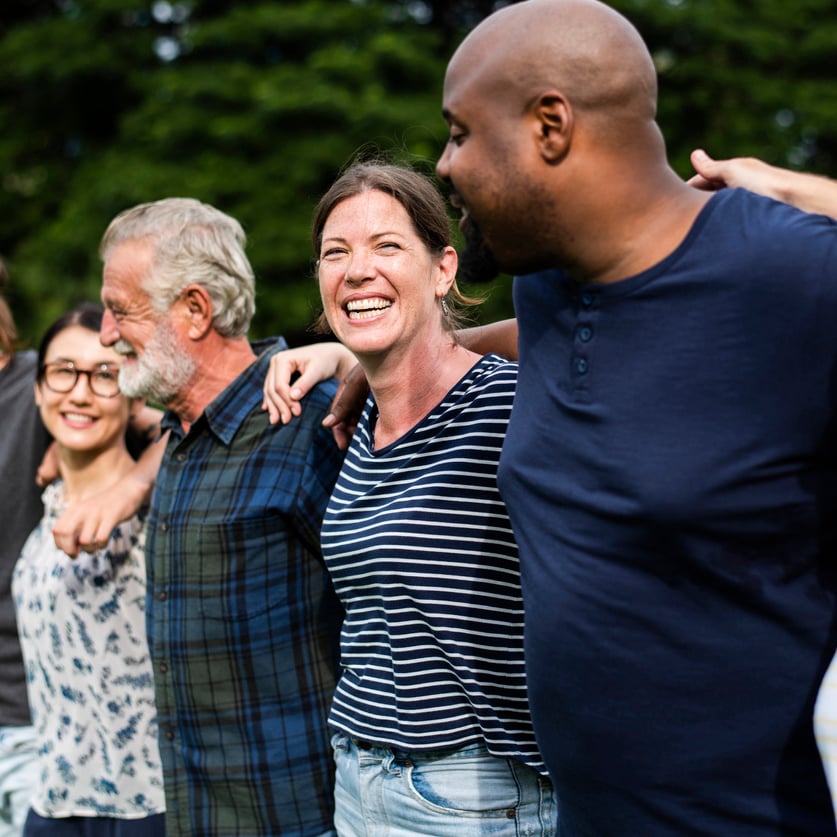Cigarette butts, mattresses and e-commerce packaging: they’re ubiquitous but difficult to dispose of responsibly. Meet the European circular economy-focused startups that are working on solutions
Clothes made from old cigarette ends, packaging grown from mushrooms and mattresses that can be recycled instead of being sent to landfill. These pioneering innovations were part of Green Alley Award’s 2023 cohort, a prize that recognises Europe’s most outstanding new circular startups. As the deadline fast approaches for entering the 2024 competition – with a top prize of €25,000 (£21,850) up for grabs – take inspiration from these three budding startups, which aim to reinvent difficult-to-recycle items.
The recycling project stubbing out cigarette waste
Italy’s Human Maple started out as an education and awareness project that aimed to foster a more caring relationship between humankind and nature, but its main focus now is tackling one of the world’s most visible impacts of throwaway culture: cigarette ends.
We’ve all seen them discarded carelessly on pavements and lying in gutters. By some estimates, they hang around for over a decade, leaching microplastics and harmful chemicals such as arsenic, lead and formaldehyde as they slowly degrade.

Cigarette butts are one of the most pervasive types of litter. Image: Human Maple
Some 4.5tn are thrown away each year, making them the world’s single most littered item, but where some see a disgusting and polluting habit, Human Maple founder Ali Benkouhail sees treasure.
After teaming up with sustainable textile manufacturer, New Mill, based in Tuscany, Benkouhail is repurposing the cellulose acetate filters in cigarette ends by turning them into insulating padding for jackets and bedding.
“I despise smoking like I despise cigarette butts on the ground,” says Benkouhail, who began working on this solution with co-founder Marco Boccia in their university days. “At first we just wanted to resolve the littering problem, but then we thought, why not recycle cigarette butts to educate smokers?”

Human Maple collects butts in special ashtrays, alongside educational messaging. Image: Human Maple
Butts are collected from bespoke ashtrays placed in smoking areas at 26 partner companies, and the filters are separated and cleaned to remove harmful chemical residues. It takes around 2,000 cigarette ends to furnish enough padding for a typical winter jacket – to date Benkouhail has stockpiled around half a tonne of them, and hopes to see his first garments roll off the New Mill production line in 2024.
The startup making polystyrene obsolete
Some estimates put the annual global output of expanded polystyrene at 11m tonnes. Rarely recycled, it’s become one of the most common ocean pollutants. It was the heartbreaking sight of Bali’s paradise beaches strewn with polystyrene and other plastics that compelled Ukrainian innovators Julia Bialetska and husband Eugene Tomilin to come up with an alternative.
They found it in a mixture of waste hemp fibre and mycelium – the fast-growing, root-like fungal lattice used everywhere from high fashion (as vegan leather), to the food industry, where it’s a key ingredient in meat alternatives. For Bialetska and Tomilin, it proved the perfect organic glue to bind hemp straw.

S.Lab's alt-polystyrene is being used by clients such as L’Oréal. Image: S.Lab
The couple’s startup, S.Lab, was a year into production when Russia invaded their homeland, forcing them to relocate to Spain. Despite the turmoil, they still managed to take home Green Alley Award’s top prize in April.
Their 100% biodegradable polystyrene alternative is already being used by a number of clients keen to get ahead of forthcoming EU directives that will mandate that all packaging is recyclable.
It has a premium feel, it’s very pleasant to touch, like velvet
Cosmetics giant L’Oréal has piloted the material to cushion packs of conditioner and shampoo, while Sony and Samsung have been exploring its use for protecting TVs in transit.
“It has a premium feel, it’s very pleasant to touch, like velvet,” says Bialetska. “But you can tell it’s come from nature. Our customers are really happy with it.”
Bialetska is eyeing up other possible uses for their alt-polystyrene, including for thermal insulation panels, but right now the focus is on scaling up and building out a fully automated production line. “We want to be a player on the packaging market, then move on to other industries,” she says.
The bedding firm tackling a sky high problem
Here’s a couple of statistics to keep you awake at night: we throw away 30m mattresses a year in Europe. Piled high, they would be as tall as 20,000 Eiffel Towers stacked one on top of the other. Some 60% of them wind up in landfill.

MATЯ's mattresses are made with just two materials, steel and polyester. Image: MATЯ
Austria-based MATЯ, however, is dreaming up a solution. Whereas many mattresses are a hotchpotch of components glued together in a way that renders recycling nigh on impossible, MATЯ use just two readily recyclable materials, steel and polyester, and a special glue that makes them easy to separate.
“It’s a click-on, click-off technology, so that the parts can easily click off from each other at the end of life, and go to their pure material stream for recycling,” says co-founder Michaela Stephen. “Once we have enough scale, which very transparently will still be a few years away, then we can start actually reusing our own material and putting it back into production.”
MATЯ’s mattresses are not only 99% recyclable, but they also have a carbon footprint 50% lower than a conventional equivalent. The firm is already picking up orders from the luxury hotel market, along with glowing feedback from guests.
“In the new year we’re testing using recycled materials in brand new mattresses, so it’ll be like a mattress-to-mattress circle,” says Stephen. “The ultimate goal for us is that cradle-to-cradle approach.”
Main image: Human Maple
